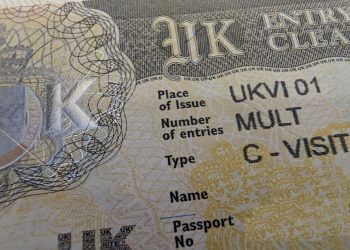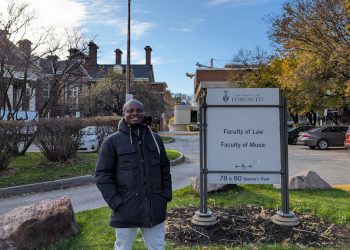The Ontario Superior Court has ruled that it is unconstitutional for the Canadian federal government to deny automatic citizenship to the children of foreign-born Canadians who grew up abroad. This recent court ruling questions the “second-generation cut-off,” which prevents the children of Canadians born abroad from obtaining citizenship when they have their own children outside of Canada.
The case involved seven multi-generational Canadian families that argued that the cut-off violates s. 15(1) and s. 6 of the Canadian Charter of Rights and Freedoms. The ruling stated that the “second-generation cut-off” creates a distinction based on national origin and treats Canadians who became Canadians at birth because they were born in Canada differently from those Canadians who obtained their citizenship by descent on their birth outside of Canada. The judge also concluded that the rule is a “patriarchal and racist policy” and ordered the Canada government to repeal this provision within six months and amend the Citizenship Act.
The current rule states that a person may be eligible for Canadian citizenship if they were born outside Canada and at least one of their biological or legal parents at birth was a Canadian citizen when they were born. However, Canada has been limiting citizenship by descent to the first generation born outside Canada to a Canadian parent.
The Canadian Citizenship Act has been amended numerous times since first coming into effect in 1947. For years, the Act allowed Canadian parents to pass citizenship to their children born outside of Canada onto indefinite generations as long as foreign-born decedents had registered with the government by a certain age. This “second-generation cut-off” came into effect in 2009 after a mass evacuation of Lebanese Canadians following a long war between Israel in Lebanon. The bill was the Canadian government’s response, introduced as an easy approach that would “protect” the value of Canadian citizenship by ensuring citizens have a “real connection” to the country.
The Canadian government requires a “proof of Canadian citizenship” application to confirm one’s citizenship status, which is commonly referred to as applying for a Canadian citizenship certificate. Individuals have the flexibility to apply for a Canadian citizenship certificate at any point in their lives, regardless of whether their Canadian parent is living or deceased. Upon submitting the application, an “acknowledgment of receipt” will be issued, and your application will be reviewed and processed by IRCC. Whether you are a first-generation Canadian or born abroad but have at least one Canadian parent, it’s worth checking your eligibility for Canadian citizenship.
Still have some travel questions? Ask in our Travel WhatsApp Group.








